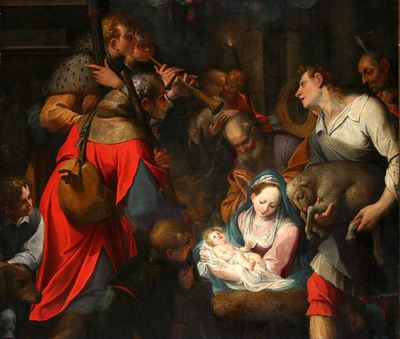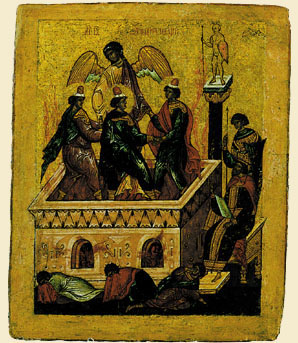Advent & Christmastide: December 2012 Archives
(Mary prays:) "The Lord has exalted me by a gift so great, so unheard of, that language is useless to describe it; and the depths of love in my heart can scarcely grasp it. As I contemplate his greatness, which knows no limits, I joyfully surrender my whole life, my senses, my judgment, for my spirit rejoices in the eternal Godhead of that Jesus, that Savior, whom I have conceived in this world of time."
The Venerable Bede
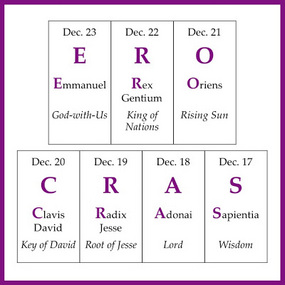 The tradition of the "O Antiphons" is now upon us. We will hear them beginning tonight at Vespers.
The tradition of the "O Antiphons" is now upon us. We will hear them beginning tonight at Vespers.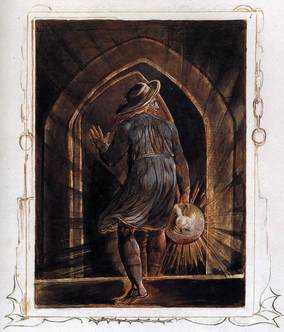 Our worship of God began today with the the Church quoting Saint Paul who wrote, "Rejoice in the Lord always; again I say rejoice. Indeed, the Lord is near" (Phil. 4:4-5).
Our worship of God began today with the the Church quoting Saint Paul who wrote, "Rejoice in the Lord always; again I say rejoice. Indeed, the Lord is near" (Phil. 4:4-5).At the Sunday Angelus today, the Holy Father notes some crucial points about our Christian faith that can't go unheard and need to be savored deeply in the heart. Notice, please, that Benedict doesn't talk about expectation but he does speak of the Lord's coming and presence; his death and resurrection and our final destiny (that is, love) and doesn't mention the Christ Child as the exclusive image of Advent. The Cross, resurrection and ascension is our only Hope. Pope Benedict addressed the faithful with the following:
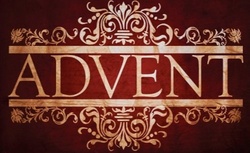
Today the Church begins a new liturgical year, a path that is further enriched by the Year of Faith, 50 years since the opening of the Second Vatican Council. The first Time of this journey is Advent, composed, in the Roman Rite, of the four weeks that precede the Birth of the Lord, that is, the mystery of the Incarnation. The word "Advent" means "coming" or "presence." In the ancient world, it signified the coming of the king or the emperor into one of the provinces; in the language of Christians, it referred to the coming of God, to His presence in the world; a mystery that involves the whole of the cosmos and of history, but that recognises two culminating moments: the first and the second coming of Jesus Christ. The first is the Incarnation itself; the second is the glorious return at the end of time. These two moments, chronologically distant - and it is not given to us to know how far apart they are - touch us deeply, because by His death and resurrection Jesus has already accomplished that transformation of humanity and of the cosmos that is the final goal of creation. But before that end, it is necessary that the Gospel be proclaimed to all nations, as Jesus says in the Gospel of Saint Mark. The coming of Christ is continuous; the world must be infused by His presence. This permanent coming of the Lord in the proclamation of the Gospel requires our continual collaboration; and the Church, which is like the Betrothed, the promised Bride of the crucified and risen Lamb of God (cfr. Rev. 21,9), in communion with her Lord collaborates in this coming of the Lord, in which His glorious return is already begun.


